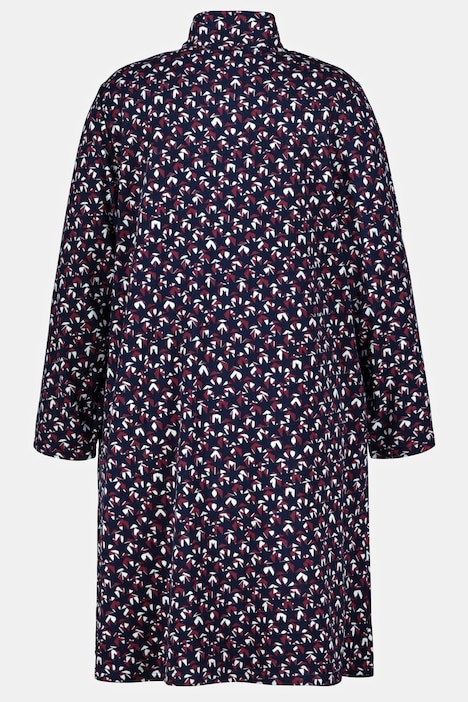
Brandsseller Albornoz para mujer con capucha Bata de baño para Ducha,Playa y Baño - estrellas - color: gris/blanco - tamaño: S/M - L/XL: Amazon.es: Moda

Hotel 5 Estrellas Lujo albornoz/SPA batas de algodón para hombres - China Albornoz y batas de baño precio

Amazon.com: colorfulife Salon cliente albornoz albornoz Bump estrellas patrón Smock Kimono Peluquería Cape Vestido De Belleza SPA Hotel Barber invitados ropa night-gown Wrap A023, Negro : Todo lo demás

























